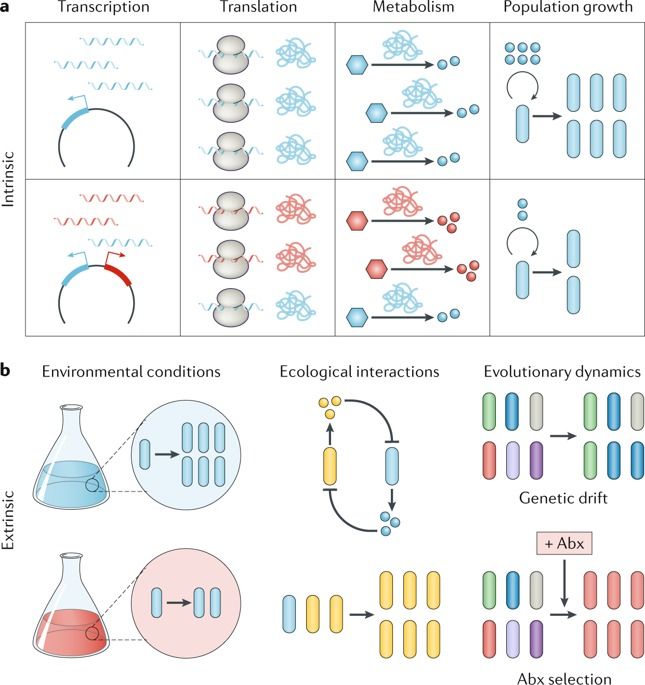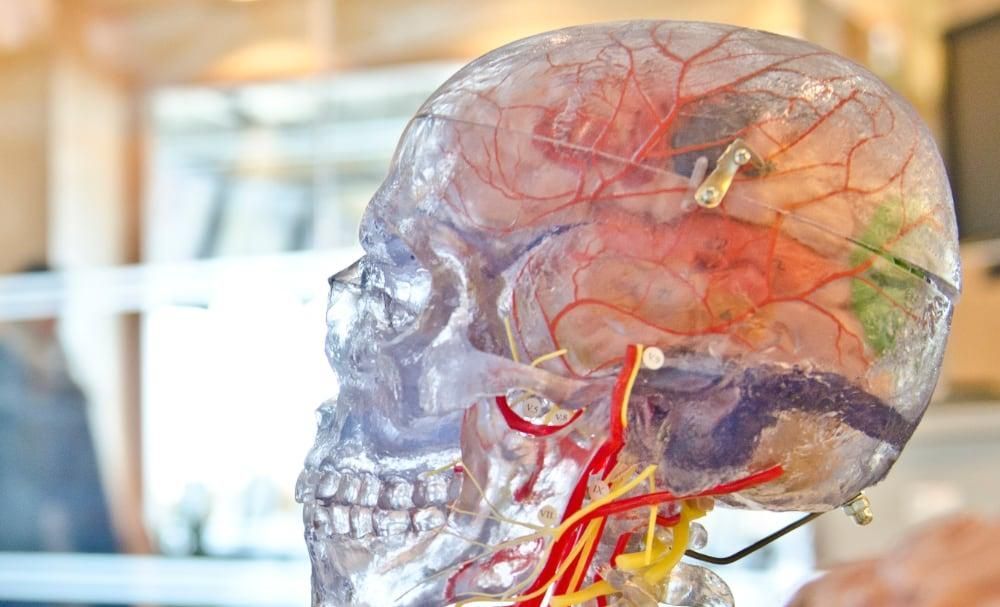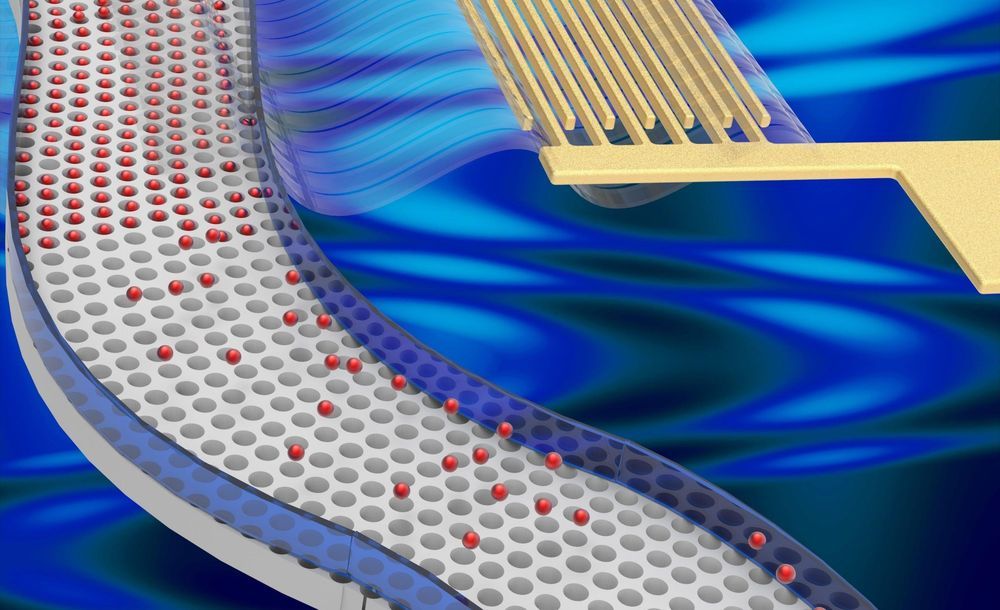Transhumanism is a form of “Humanism” (atheism or naturalism). The word and concept was coined by Julian Huxley back in the day. I was a student of A.J. Ayer who suceeded Huxley as head of British Humanism. https://humanism.org.uk/humanism/the-humanist-tradition/20th…an-huxley/ We must nowadays include “Christian Transhumanism” and tolerate all religions and superstitions (however daft), without right to criticise such “Holy” sanctified cows. And so the posthuman goddesses and gods 😉 have decreed it is a good idea to make MVT, FM-2030 and post/ “humanist” ideas available tor current religious self-IDers, I have kicked things off with Posthuman Buddhism https://www.facebook.com/groups/posthumanbuddhism/ and Posthuman Christianity https://www.facebook.com/groups/2164360640528843/
Perhaps we can update and reform such bastions of anachronism and conventionalism with the light of (actual, not gospel) truth?
Julian Huxley was the grandson of T H Huxley (staunch supporter of Charles Darwin and creator of the term “agnostic”). He continued his grandfather’s valuable work – in 1927, he joined H G Wells and his son in producing a comprehensive book called The Science of Life, which helped to spread a general understanding of evolution and to promote Biology in the school curriculum. He believed that the study of evolution could help us to understand our own nature and behaviour. He was a professor at King’s College, London, and a pioneer in the study of animal behaviour (ethology) and conservation.
His wife wrote of him: “Julian had a gift of enhancing the moment, making a memorable event of an ordinary walk. He was intensely aware of the moods and treasures of the natural world, knew mountains and their geological structures, feeling their bones under the skin of earth and trees. I loved his all-embracing recognition – knitting together the earth and the animal world, including human beings…”
In 1935 he became one of the first directors of London Zoo. In the early sixties, he wrote articles about hunted and endangered species in Africa, which contributed to the founding of the World Wildlife Fund.






